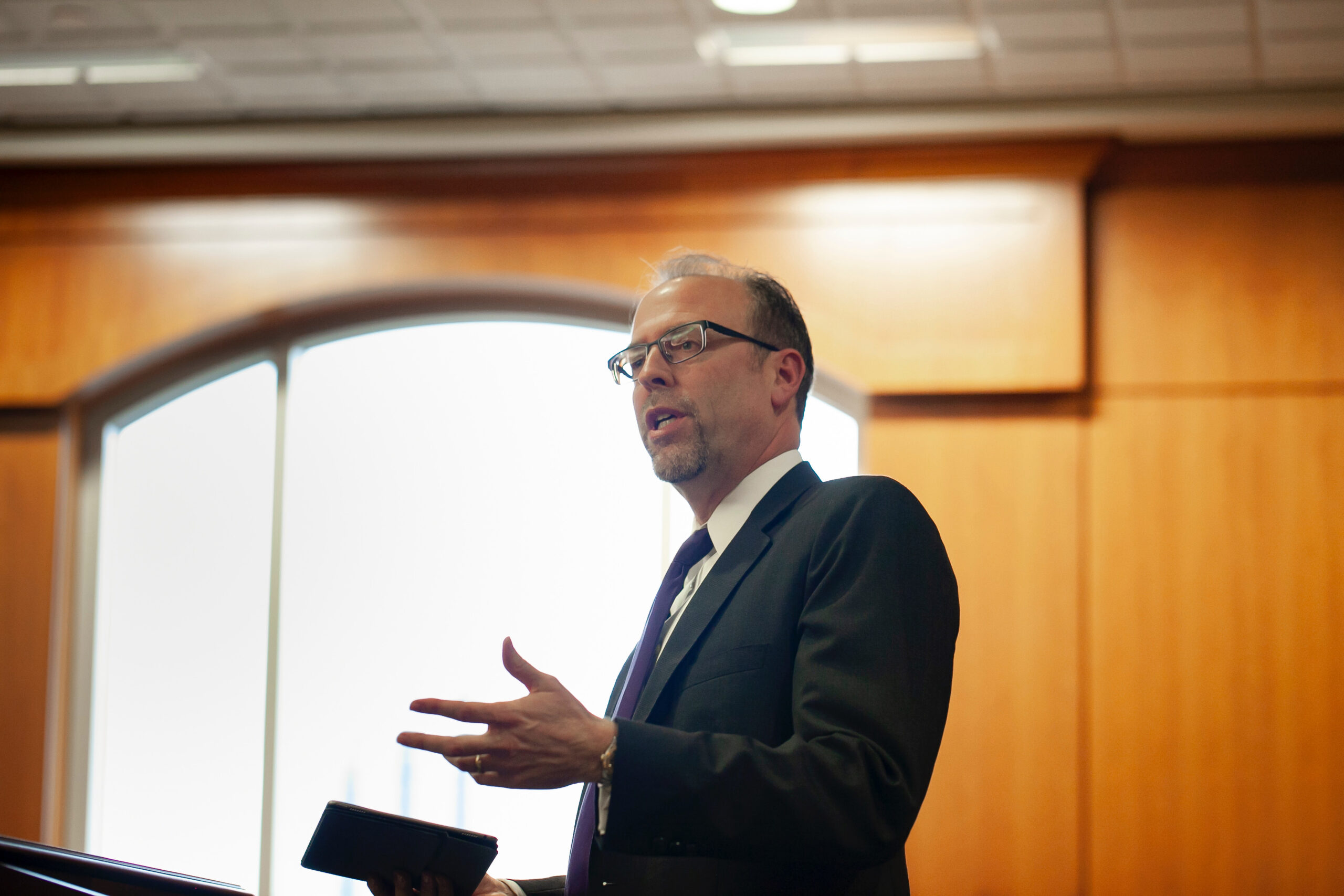Exploring the Kingdom of God in Work & Life
About Gregory Scott Blog
About Gregory Scott Blog
This blog is dedicated to exploring work and personal transformation through the lens of the kingdom of God. We help Christians find purpose and success at work through an understanding of the kingdom of God, its purpose and design, and how it progresses on the earth. Through thoughtful analysis and personal anecdotes, we strive to make these profound themes accessible and relevant to your daily life.
Latest Articles
Blog
Author of the Month
About Gregory Scott
Writing under the pseudonym Gregory Scott is a nationally recognized employment lawyer based in a major U.S. city. With over four decades as a Christian, he is a leader in a diverse, non-denominational church he once pastored that is dedicated to reaching college students, cultivating future leaders, and transforming his city.
Gregory’s unique perspective combines his experience as an employment lawyer, employer, and pastor, with deep spiritual insights, offering readers a rich blend of practical and theological reflections.


